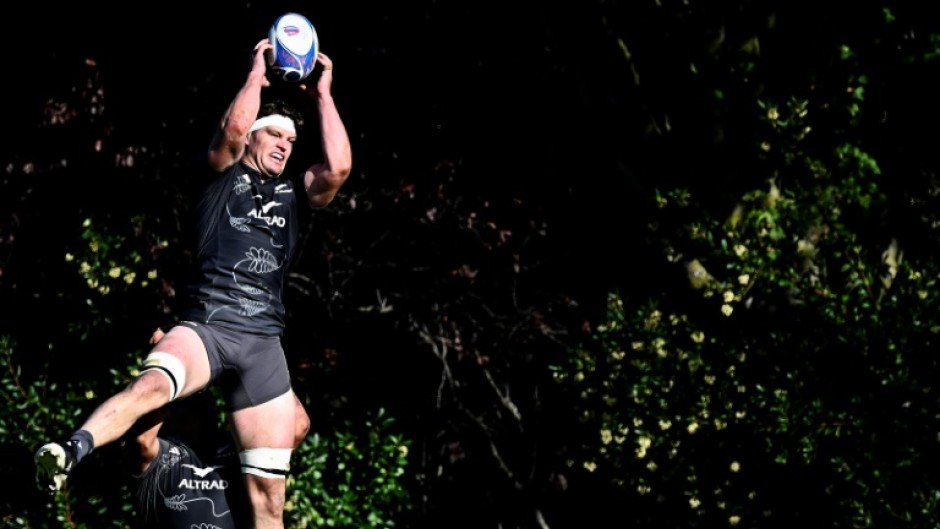WELLINGTON - World Rugby's "smart" mouthguard technology has struck teething problems in Super Rugby Pacific, with players baffled by the need to undergo seemingly needless concussion tests during the season-opening match.
Canterbury Crusaders captain Scott Barrett described the mandatory safety initiative as "a step too far" after his team were affected in their 33-29 loss to the Waikato Chiefs on Friday night.
Under the World Rugby rollout, to be used in all elite competitions this year, players wear mouthguards fitted with sensors that measure "head acceleration events".
Matchday medical staff monitor the mouthguards for alerts and can remove players from the game for head injury assessments.
Crusaders lock Quinten Strange and Chiefs backs Anton Lienert-Brown and Quinn Tupaea were all visibly bemused when called from the field during the high-profile competition opener in Hamilton -- a rematch of last year's final.
None of the trio believed they were injured and returned to the game after undergoing medical tests.
Experienced All Black Barrett said the initiative was disruptive and had the potential to influence the outcome of a match.
"Honestly, I think it's probably a step too far for a player," he said. "When you're getting dragged and you're looking around -- 'what actually happened?'
"Obviously we want player welfare and that's paramount. But I think if you're influencing the game when key players are going off and they don't know what for, I think that can be frustrating for a player."
Chiefs coach Clayton McMillan said All Black back Lienert-Brown's departure late in the game could have swung the outcome.
"Anton didn't feel like he needed to come off," McMillan said.
"The tough thing for us was really that the game was right in the balance. You're making decisions, around do you exhaust your bench, could it go to extra-time, do we need to save somebody?
"And really those decisions got taken away from us because of the head assessments to Quinn and Anton."
Similar concerns were raised when the mouthguard technology was trialled during a women's international tournament in New Zealand late last year.
Players from the world champion Black Ferns also said the mouthguards were larger than usual, making it difficult to breathe and communicate.
dgi/mp/mtp

